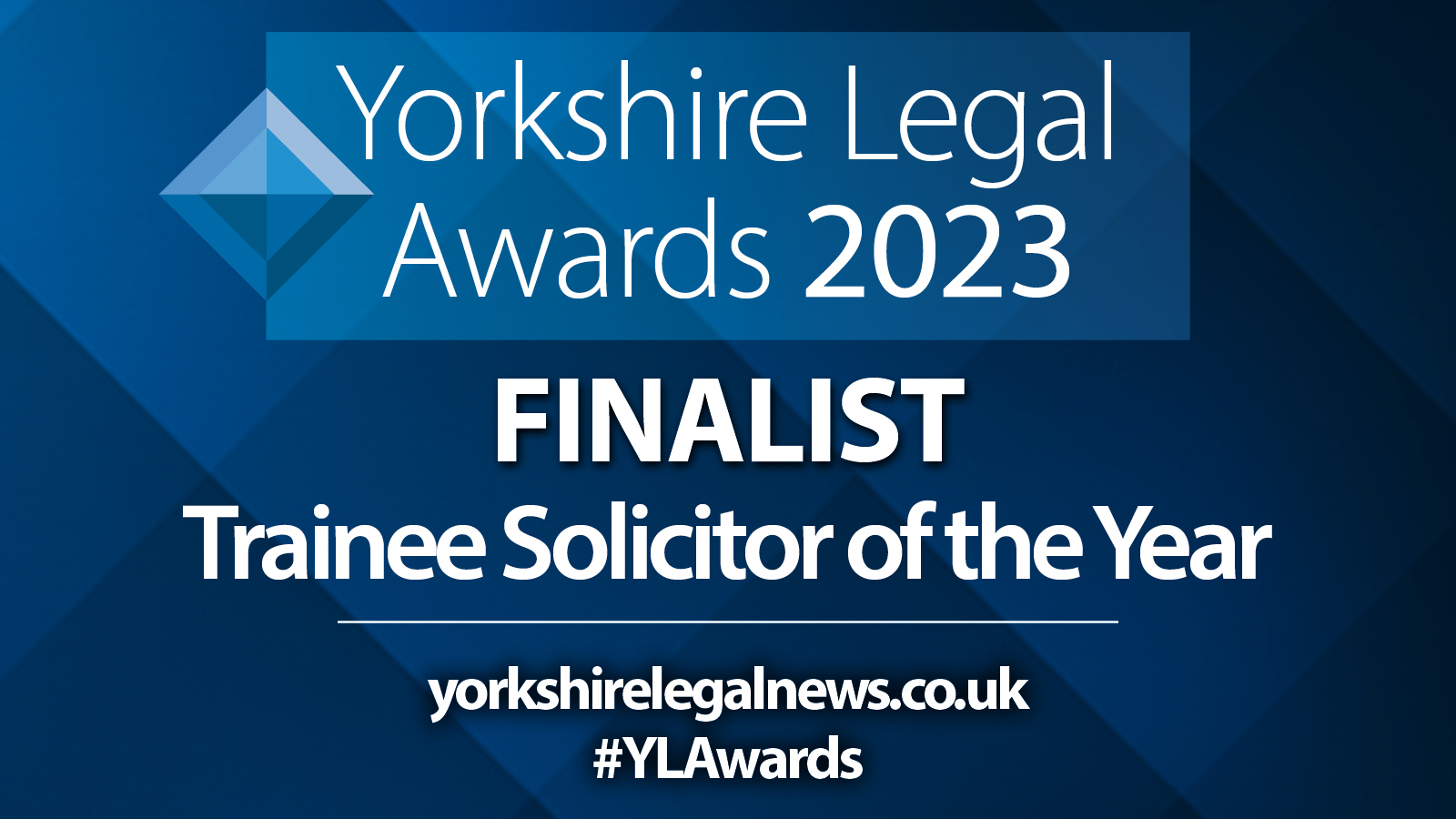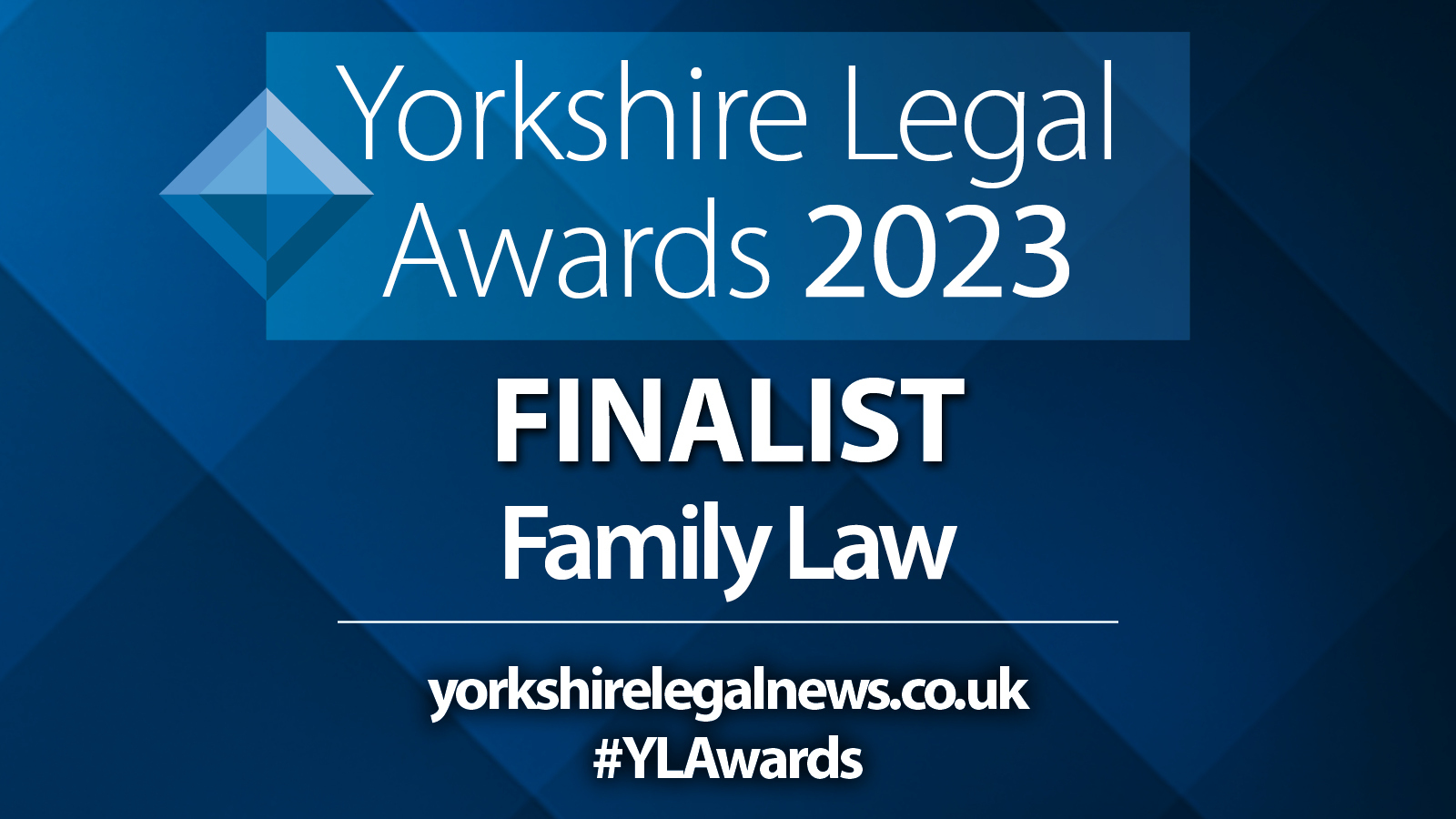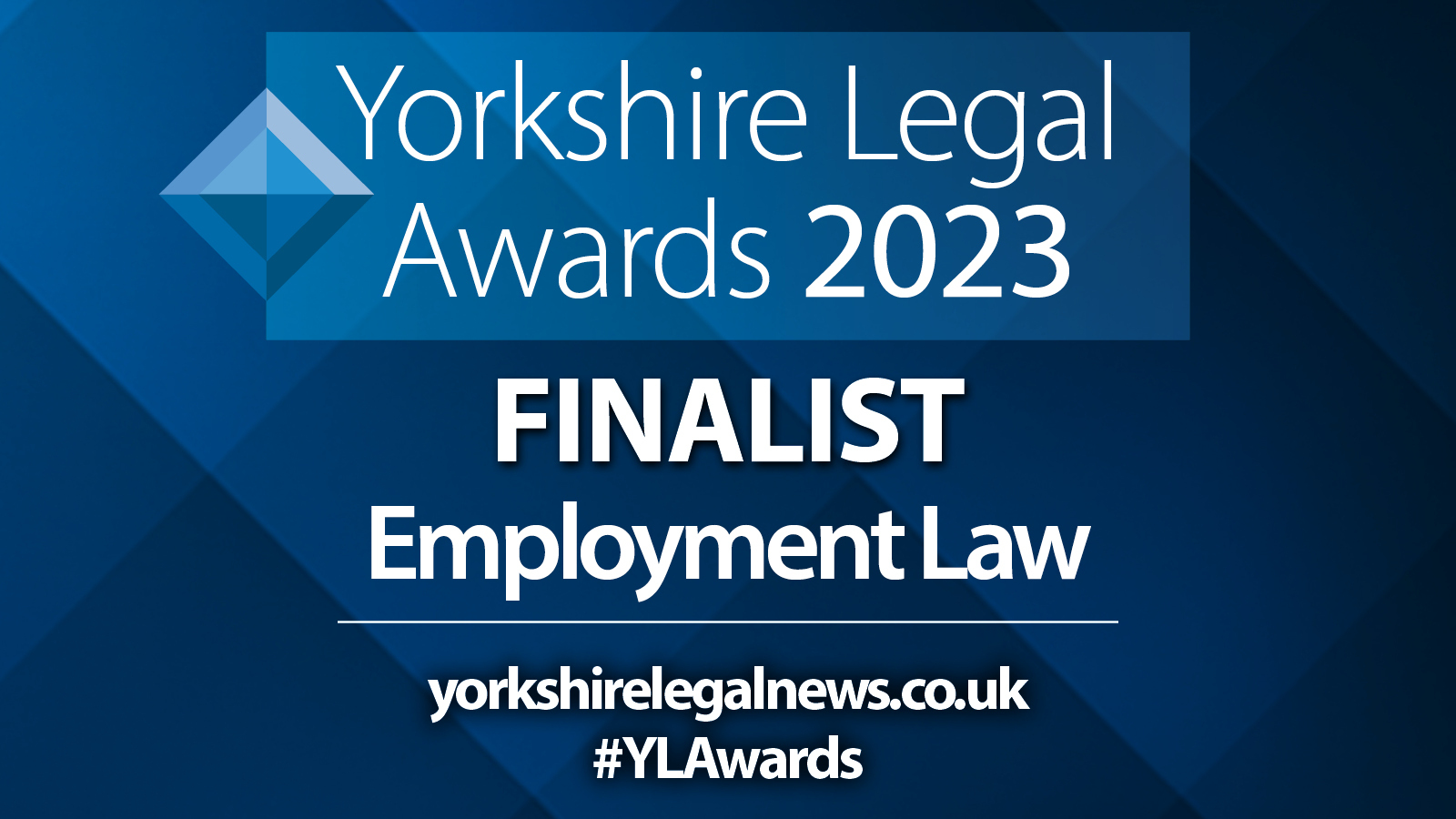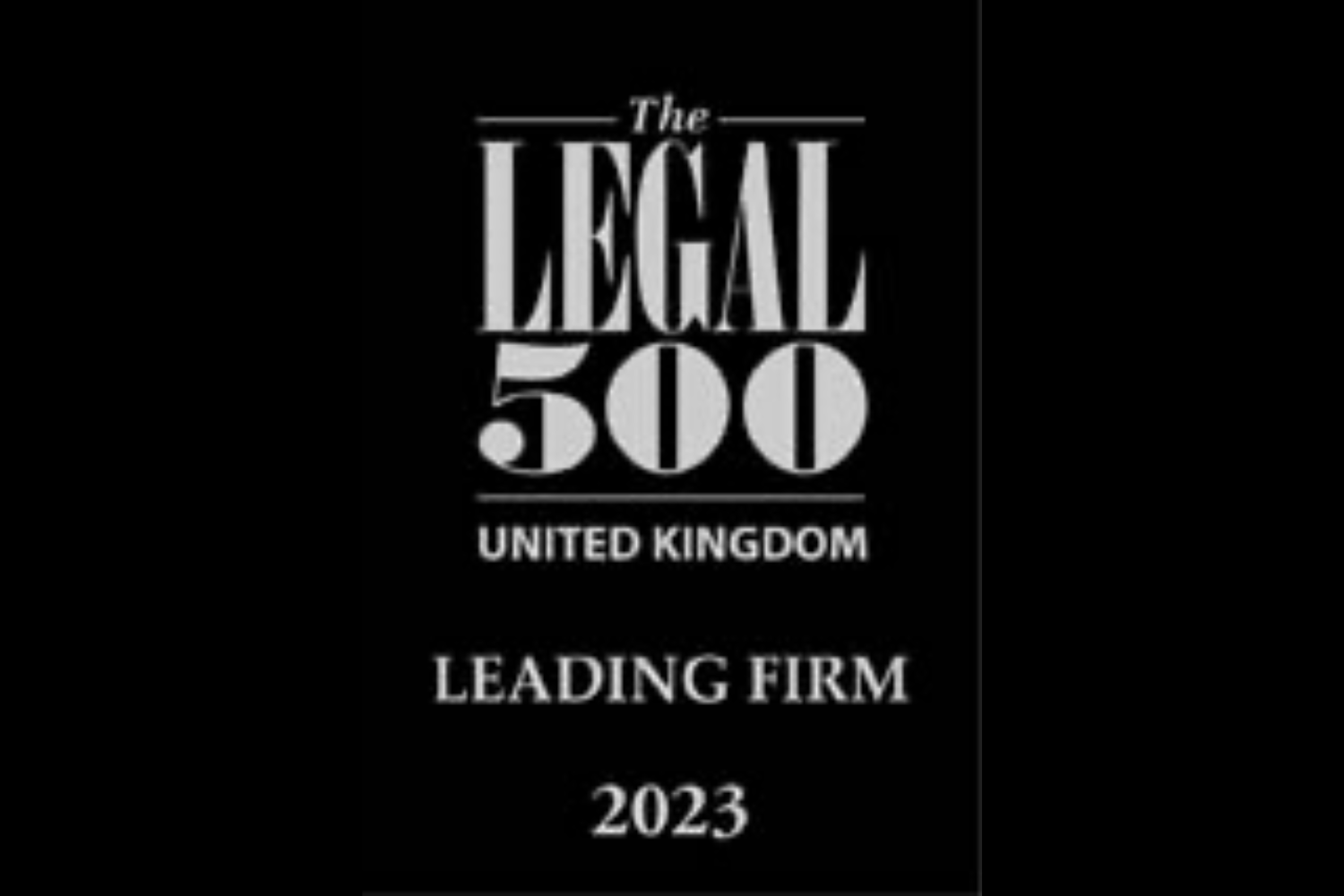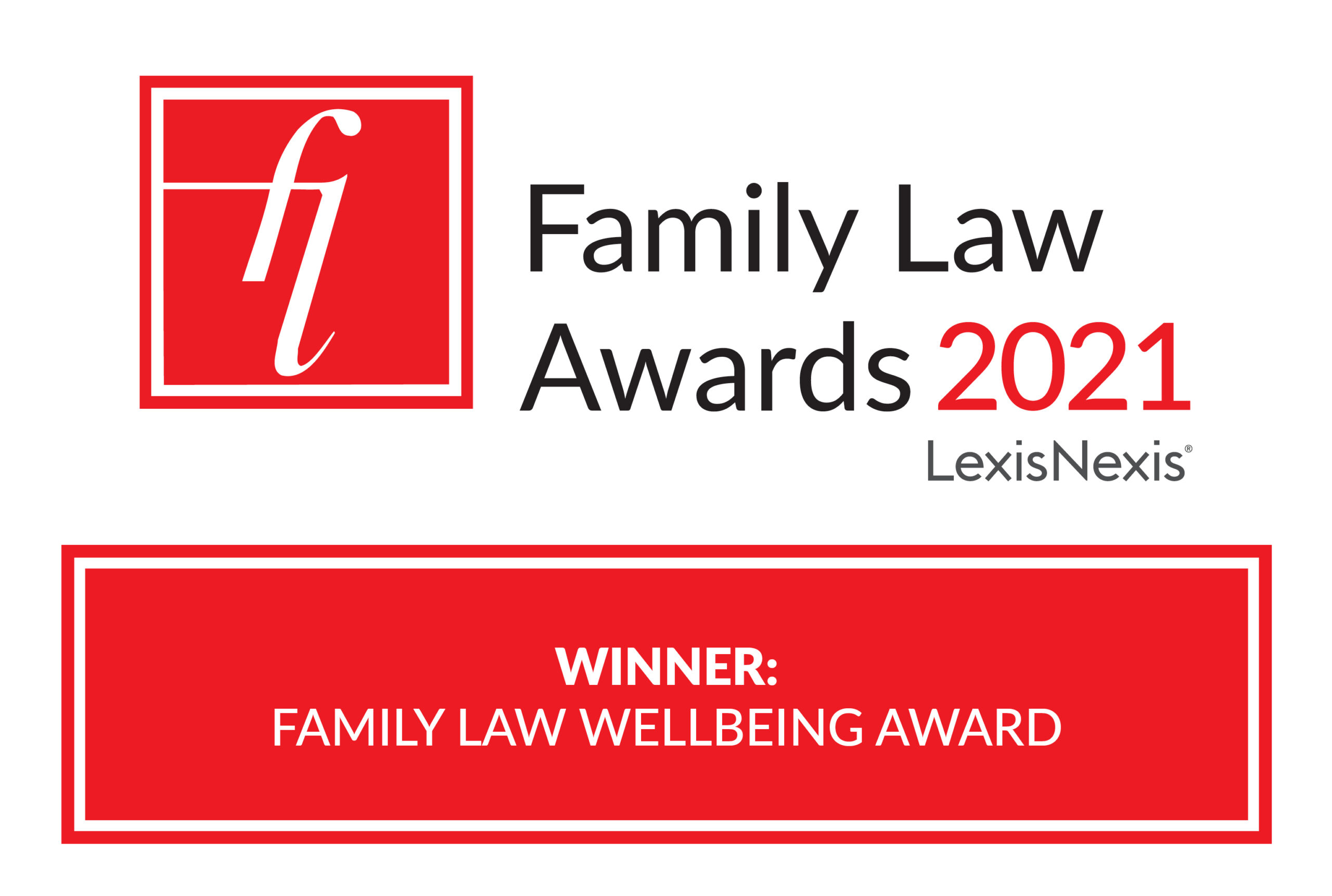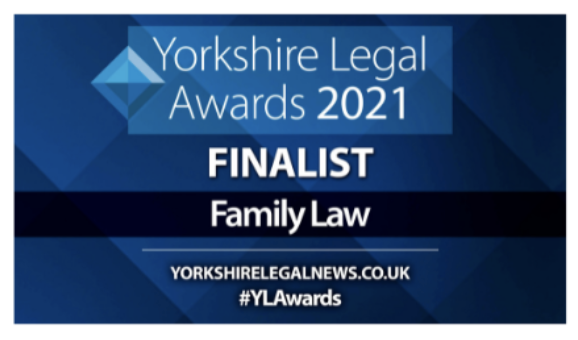Child Law Legal Services
The Court’s Approach
Offices in Leeds, Harrogate and London. Working with clients across the UK and overseas.
When a Court application is made for a Child Arrangements Order, Specific Issues Order or a Prohibited Steps Order there are various factors that the Court will take into consideration when deciding whether to make the order.
The Court will consider the following three principles: –
- The child’s welfare is the Court’s paramount consideration;
- Any delay in resolving matters is likely to prejudice the welfare of the child;
- The Court shall not make an order unless it considers that doing so would be better for the child than making no order at all.
The Court will also have regard to the following factors commonly known as the ‘Welfare Checklist’:
- the ascertainable wishes and feelings of the children concerned (considered in the light of the child’s age and understanding);
- their physical, emotional and educational needs;
- the likely effect on the children of any change in their circumstances;
- their age, sex, background, and any characteristic of theirs which the Court considers relevant;
- any harm which they have suffered or are at risk of suffering;
- how capable each of the parents, and any other person in relation to whom the Court considers the question to be relevant, is of meeting the child’s needs;
- the range of powers available to the Court under the Children Act in the proceedings in question.
The Court will look at which of the above principles and factors are relevant to the case and consider them accordingly. Ultimately the aim of the Court is to ensure that whatever decision is made is in the best interests of the child.
Unfortunately, there are no guarantees or fixed outcomes when making a formal Court application and each case will be dealt with on its facts. This litigation risk is something to bear in mind when considering whether to make an application.
Contact Our Family Law Team
On page form
Form for all pages
"*" indicates required fields
Free Initial Discussion
At Consilia Legal, our Family Law team are highly experienced in dealing with all family matters, including the Court’s Approach with your child. If you would like to have a confidential free initial discussion surrounding this family law matter please contact our family law team on 0113 322 9222 or enquiries@consilialegal.co.uk
Award Winning Leeds Family Law Solicitors
At Consilia Legal, we've achieved numerous accolades and recognitions, whether as nominees, finalists, or winners of the prestigious Family Legal Awards. We're also ranked 5th among the top 10 family law solicitors in Leeds City Centre on DIY Legals and in the top 5 best divorce lawyers in Leeds on Kev’s Best.
Our team of expert Leeds family solicitors is dedicated to securing the best outcomes for our clients. We're proud to have our highly regarded family law team featured in the esteemed Chambers and Partners publication as one of the top family/matrimonial teams in Leeds. Our excellent reputation extends throughout the Yorkshire region, and we're ready to represent you with your family law matter, wherever you are located.

Read Our 5 Star Reviews

Extreamely Helpful
★★★★★
I can’t speak more highly of them.
Made everything more clear with extremely helpful advice.
Sensitive & Efficient
★★★★★
Many thanks to Laura and Kieran for the sensitive, and efficient way they dealt with my legal matter. Helping to make what was a very emotional time bearable, I can highly recommend the team at Consilia Legal.
Exceptional
★★★★★
Laura was exceptional. Having consulted with other firms on the matter, Laura was the only one that truly understood the different elements of the case and knew exactly how to handle it. She was able to daft in the correct barrister for the job and took a great weight off my shoulders. I really cant thank Laura and the team enough.
Incredible
★★★★★
Laura and the team have been an incredible help in my divorce. Through a very difficult time they have always been on hand to offer exceptional advice and assistance. I have always felt reassured by their professionalism and care. Thank You
Human Approach
★★★★★
Thanks Laura and team at Consilia Legal. Great service and such a pragmatic and human approach to the legal system. Fitted really well with my personal values. Truly aimed at being conciliatory rather than adversarial
Super Efficient
★★★★★
Excellent service from Laura Clapton guiding me through a difficult divorce process. Super efficient, professional and carries out the work with understanding and compassion for your situation. Would highly recommend and have already recommended.



